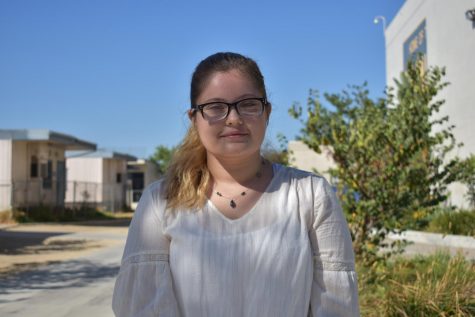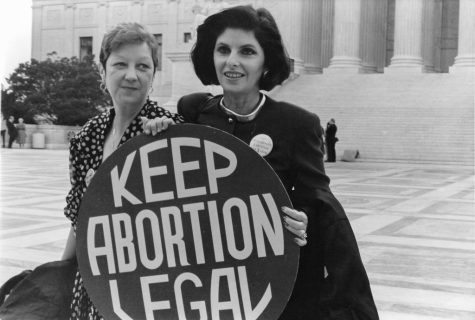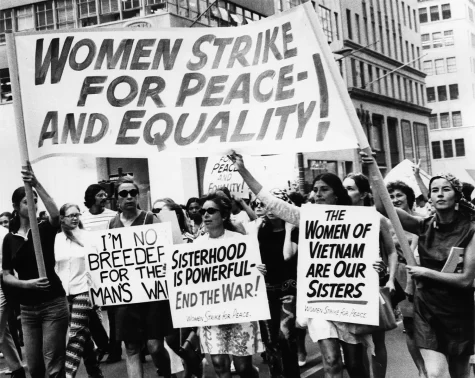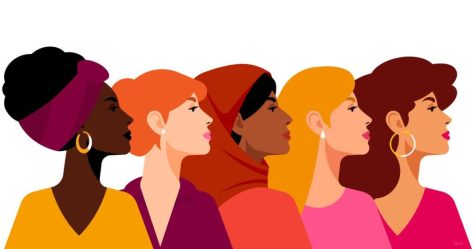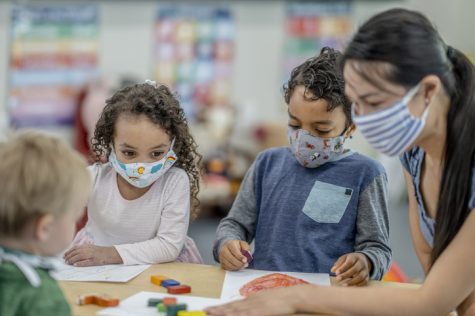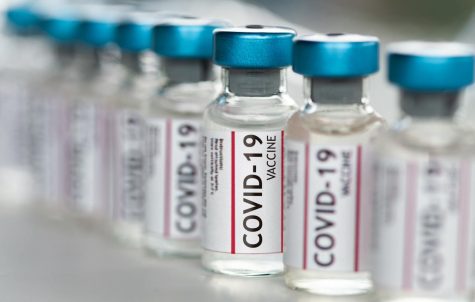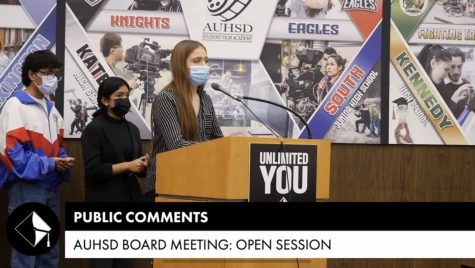PSA: Mental Disorders Aren’t Adjectives
October 3, 2018
“You gave me a panic attack.”
“You’re psycho.”
“I’m super OCD about this.”
“She looks so anorexic.”
“I was so depressed yesterday.”
“He’s so retarded.”
These are only a few examples of people using mental disorders as adjectives in their day-to-day conversations. It has become so normalized to use mental disorders as a substitute for simple adjectives that when an actual sufferer of said mental disorder uses that word, it loses meaning.
World Mental Health Day is on October 10th, so here are a few things to consider on that day- and every other day of the year- regarding the use of mental disorders as adjectives.
It Increases the Stigma
Mental disorders are already stigmatized as is and using them as adjectives further decrease their importance and contribute to the stigma by creating stereotypes.
“My phone broke the other day and I was so depressed about it.”
Some synonyms for depressed: upset, angry, sad, bummed, unhappy
Depression itself is a complicated disorder that is not synonymous to a simple state of sadness or of being upset. Therefore, using any variety of the word “depression” – or any mental illness – completely changes the meaning of it.
It Spreads Misinformation
Simply stated: not everyone knows what mental disorders are. By using them as adjectives, you are insinuating to a non-informed person that that illness is characterized by how you’re speaking about it.
“I hate when my room is messy; I’m so OCD about it.”
Obsessive Compulsive Disorder (OCD) is much more than just hating messy rooms. By saying something like this, people that listen to you are prone to believe that OCD is just hating mess and they might even believe that they have it when in reality they do not.
It Can be Disrespectful
As mentioned above, not everyone knows what mental disorders are. Therefore, it is important to educate people in a respectful manner.
The most prevalent example of disrespect when it comes to mental disorders is when people use the R- word (retarded). This is not referent to a mental disorder per se, but it refers to intellectual and developmental disabilities.
John Franklin Stephens, a man from Virginia with Down Syndrome who serves as a “Global Messenger” for the Special Olympics said that to him, the R-word means that, “…the rest of you are excluding us from your group. We are something that is not like you and something that none of you would ever want to be. We are something outside the ‘in’ group. We are someone that is not your kind,” according to The New York Times.
This is one of many examples of how people can deliberately throw disrespectful words/ phrases around without taking into consideration the effect their words can have.
In conclusion…
Mental disorders are not adjectives. They are much more than just a feeling; mental disorders are serious and real and therefore should be spoken of more carefully. People tend to believe that just because a disorder is not visible, that it doesn’t exist. However, you can see the effects of cancer in a person and you wouldn’t say, “I’m feeling so cancerous today,” just like some might say, “I’m feeling so depressed today,” would you?
Sources:
https://themighty.com/2016/11/why-you-shouldnt-use-mental-disorders-as-adjectives/
https://www.nytimes.com/2013/03/03/opinion/sunday/a-word-gone-wrong.html

